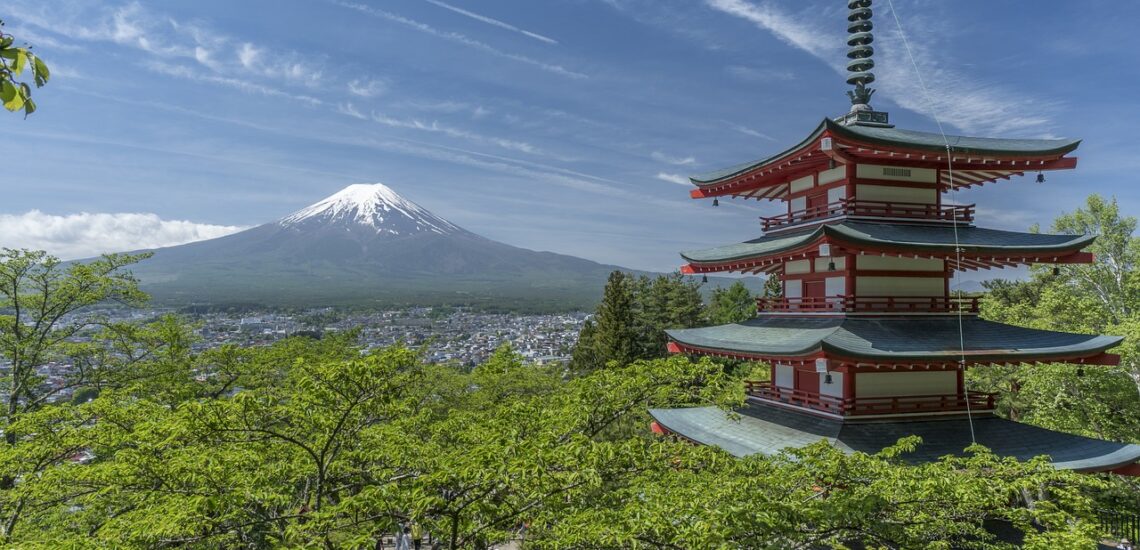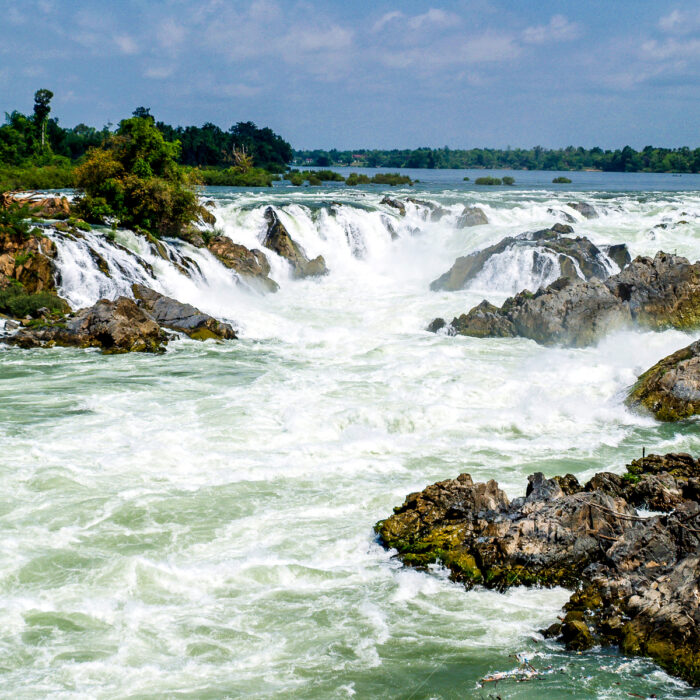10 Interesting Facts About Japan
Quick facts about Japan:
- Population: Approximately 126 million people.
- Capital: Tokyo.
- Official Language: Japanese.
- Currency: Japanese Yen.
- Government: Constitutional monarchy with a parliamentary government.
- Major Religion: Shintoism and Buddhism.
- Geography: Located in East Asia, Japan is an island nation comprised of over 6,800 islands.
Fact 1: There are almost 7,000 islands in Japan and they are still forming
Japan is an archipelago consisting of nearly 7,000 islands, and these islands are part of the Pacific Ring of Fire, a region known for its volcanic activity. The islands of Japan continue to form due to volcanic eruptions and tectonic activity along the Pacific Plate and Philippine Sea Plate boundaries.
Japan has territorial disputes with Russia over the Kuril Islands, known as the Northern Territories in Japan. These islands are located northeast of Hokkaido and were occupied by the Soviet Union towards the end of World War II. Japan claims sovereignty over the islands, but Russia has administered them since the war.
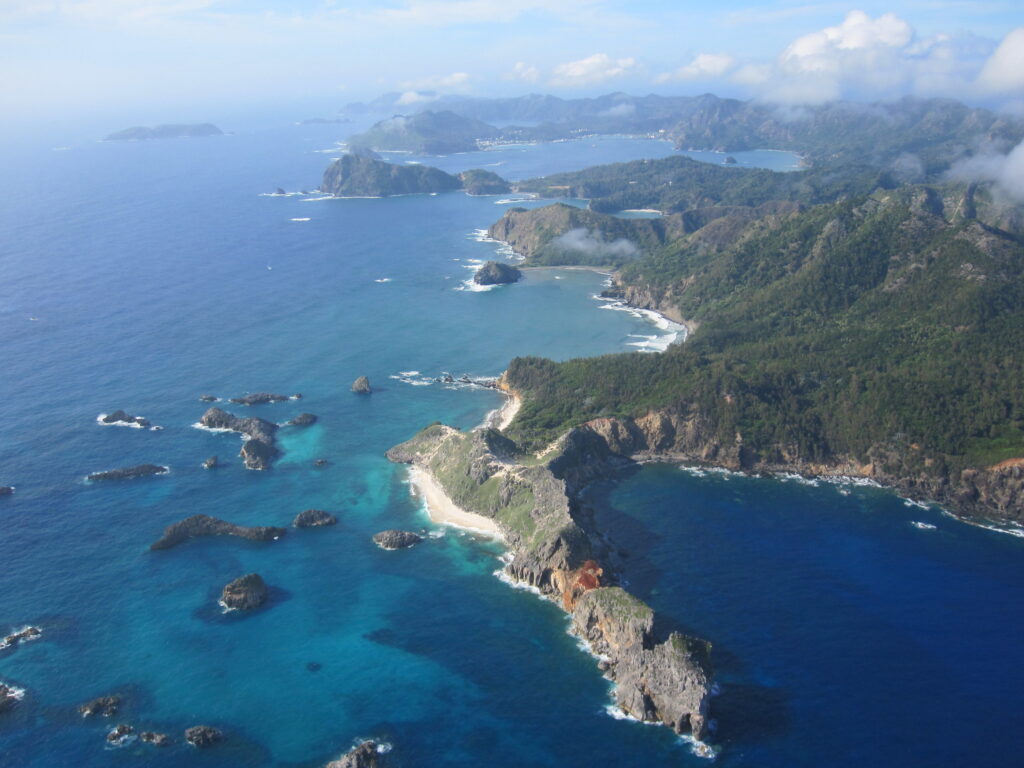 IUCNweb, (CC BY-NC-SA 2.0)
IUCNweb, (CC BY-NC-SA 2.0)Fact 2: The word tsunami is Japanese
The term “tsunami” is derived from the Japanese words “tsu” (harbor) and “nami” (wave), reflecting its association with large ocean waves generated by undersea earthquakes or volcanic eruptions. Japan’s geographical location along the Pacific Ring of Fire makes it particularly prone to seismic activity, resulting in numerous earthquakes each year. While the exact number of earthquakes can vary annually, Japan typically experiences around 1,500 seismic events, ranging from minor tremors to more significant quakes that can cause damage and pose a risk of triggering tsunamis.
Fact 3: The world’s oldest companies are in Japan
Some of Japan’s oldest companies, known as “shinise” or traditional businesses, have been operating for over a thousand years. Examples include Kongo Gumi, a construction company founded in 578 AD, and Nishiyama Onsen Keiunkan, a hot spring hotel established in 705 AD. These companies have passed down their expertise and values through generations, maintaining their reputation for quality and reliability. Their longevity reflects Japan’s cultural emphasis on craftsmanship, continuity, and respect for tradition.
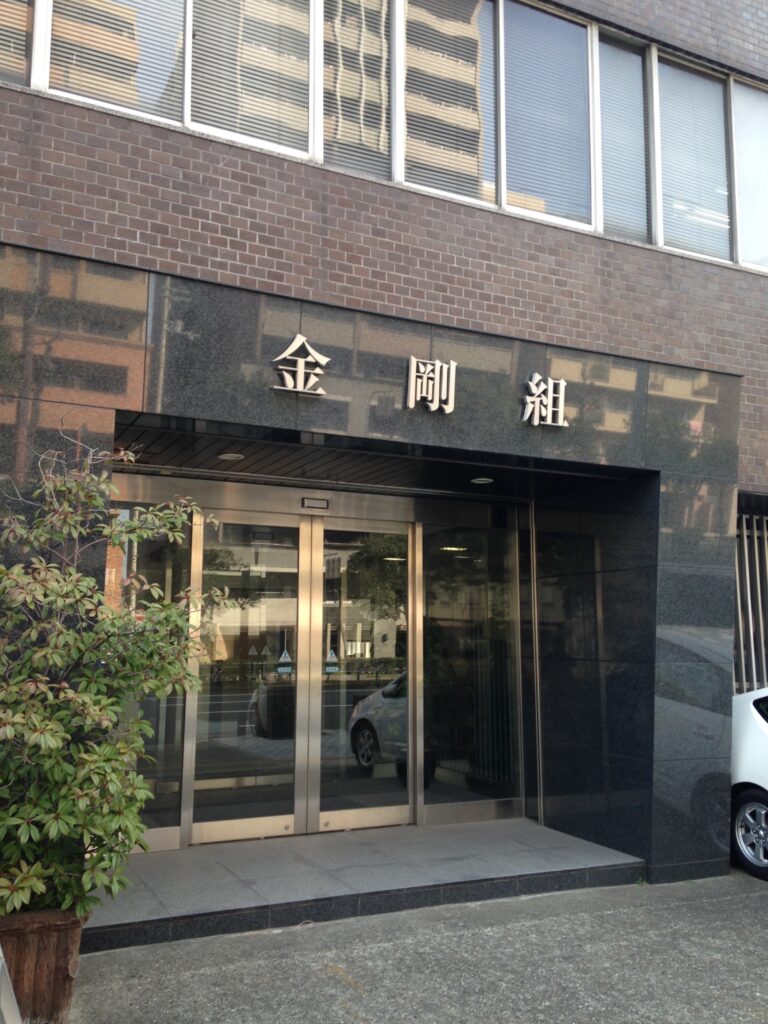 そらみみ, CC BY-SA 3.0, via Wikimedia Commons
そらみみ, CC BY-SA 3.0, via Wikimedia CommonsFact 4: Japan still has an emperor
Japan’s imperial system traces its origins back more than two millennia, making it one of the oldest hereditary monarchies in the world. The emperor’s role has evolved significantly over time, transitioning from a divine ruler in ancient times to a symbolic figurehead under the post-World War II constitution.
The current emperor, Emperor Naruhito, ascended to the throne on May 1, 2019, following the abdication of his father, Emperor Akihito. The emperor’s duties primarily involve ceremonial and symbolic functions, such as attending state events, receiving foreign dignitaries, and participating in cultural activities.
Fact 5: Japan is the only country that has been attacked with nuclear bombs
Japan is the only nation to have experienced the devastation of nuclear attacks, which occurred during World War II. The cities of Hiroshima and Nagasaki were targeted by atomic bombs dropped by the United States in August 1945, resulting in catastrophic loss of life and widespread destruction. These tragic events left a lasting impact on Japan’s history, shaping its post-war reconstruction and commitment to peace.
During World War II, the Empire of Japan perpetrated widespread atrocities against captives and occupied peoples in South Asia, Korea, and China, including acts of mass killings, forced labor, sexual slavery, and medical experiments. These egregious actions have left a dark legacy in the history of the region and continue to be remembered as a stark reminder of the horrors of war.
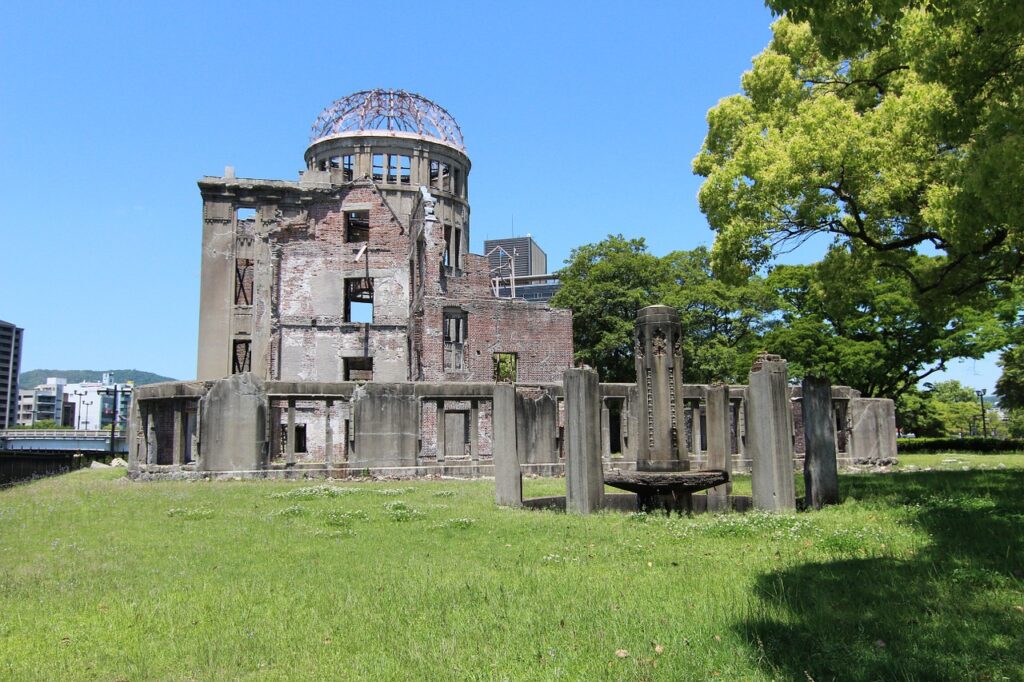
Fact 6: Tokyo and the agglomeration is the most populated in the world
Tokyo, the capital city of Japan, serves as a bustling hub of culture, commerce, and innovation. With its iconic skyline, cutting-edge technology, and rich history, Tokyo stands as a testament to Japan’s modernity and tradition. As one of the world’s most populous cities, Tokyo offers a unique blend of ancient temples, bustling street markets, neon-lit districts, and serene parks, making it a captivating destination for travelers from around the globe. Tokyo and its metropolitan area stand as one of the most populous urban areas globally, with over 37 million residents.
Fact 7: Vending machines are everywhere in Japan
Vending machines are ubiquitous in Japan, found on nearly every street corner, train station, and even in remote rural areas. These machines offer a wide variety of products, ranging from hot and cold drinks to snacks, cigarettes, and even electronics. With their convenience and accessibility, vending machines have become an integral part of daily life in Japan, catering to the needs of locals and visitors alike.
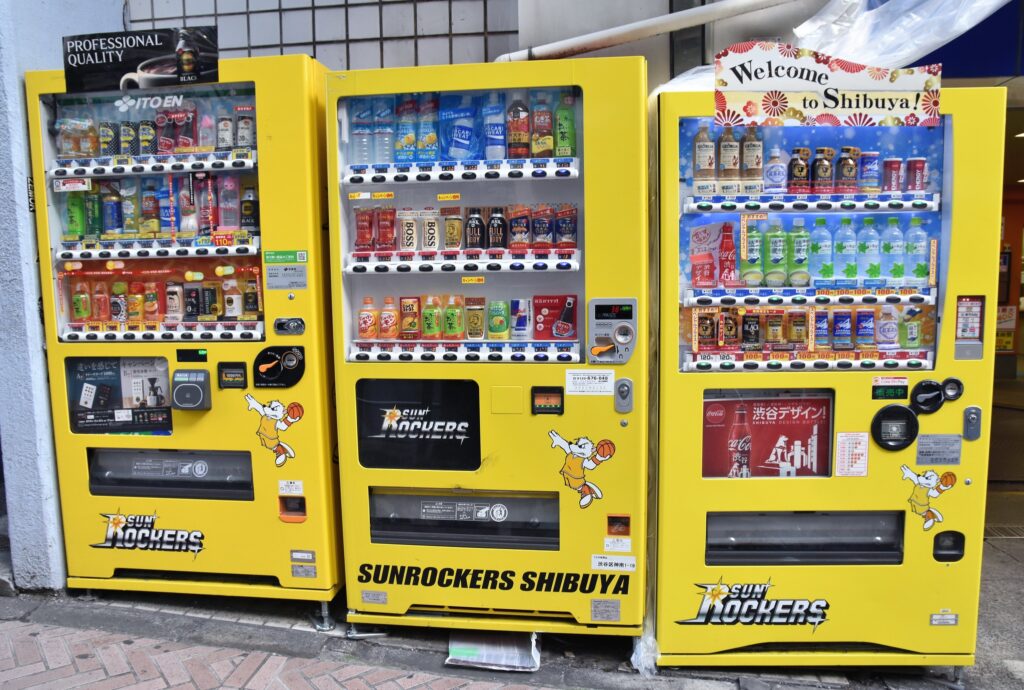 jpellgen (@1105_jp), (CC BY-NC-ND 2.0)
jpellgen (@1105_jp), (CC BY-NC-ND 2.0)Fact 8: The love of salmon in sushi and dishes was instilled by Norway in Japan
In the 1980s, Norway began exporting salmon to Japan, where it was initially met with skepticism due to the traditional preference for fatty fish like tuna. However, through clever marketing campaigns and efforts to promote the health benefits and versatility of salmon, Norway successfully popularized it in Japanese cuisine. Today, salmon is a staple ingredient in sushi, sashimi, and various Japanese dishes, contributing to the country’s diverse culinary landscape. This collaboration between Norway and Japan has not only boosted the consumption of salmon but also enriched the culinary traditions of both nations.
Fact 9: Japan is 80% mountains and most of it is covered with forests
The mountainous terrain of Japan encompasses about 80% of its land area, consisting of a series of mountain ranges that run through the country. These mountains not only shape the physical geography but also influence the climate, culture, and way of life for the Japanese people. Forests blanket much of these mountainous regions, contributing to Japan’s rich biodiversity and providing vital ecosystems for wildlife. Additionally, these forests are crucial for water conservation, soil protection, and mitigating natural hazards like landslides and floods. Japan’s reverence for nature, coupled with its reliance on the land for resources, has led to extensive efforts in environmental conservation and sustainable land management practices.
Note: If you plan to visit the country, find out if you need an International Driver’s License in Japan to drive. Also keep in mind that Japan is a left-hand drive country.
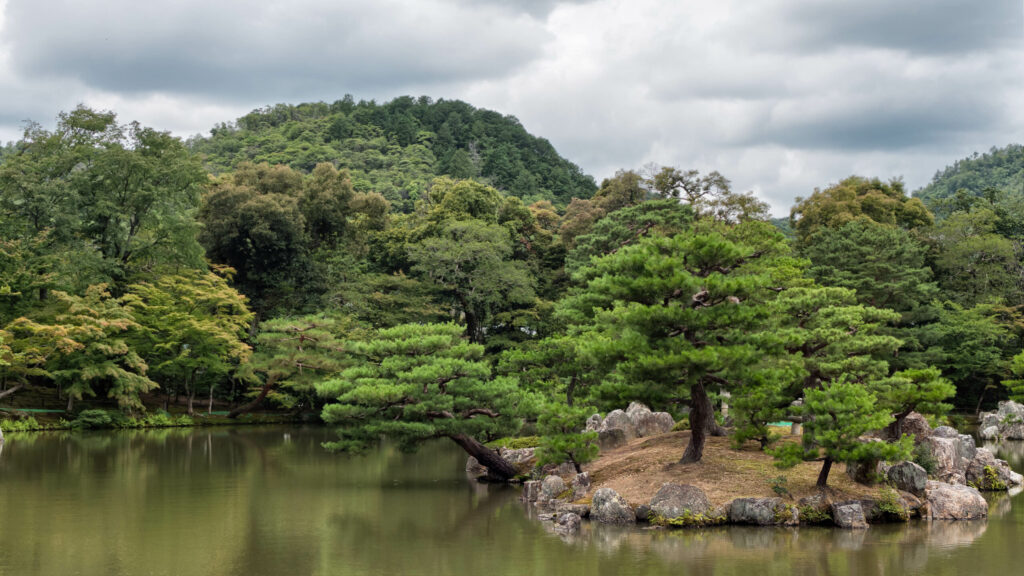
Fact 10: Men in Japan live the longest in the world
Men in Japan have highest life expectancies globally, with an average lifespan exceeding 80 years. This longevity is attributed to various factors, including a balanced diet, active lifestyle, universal healthcare system, and strong social support networks. Additionally, Japan’s emphasis on preventive healthcare, advanced medical technology, and low rates of smoking and obesity contribute to the overall well-being of its population.

